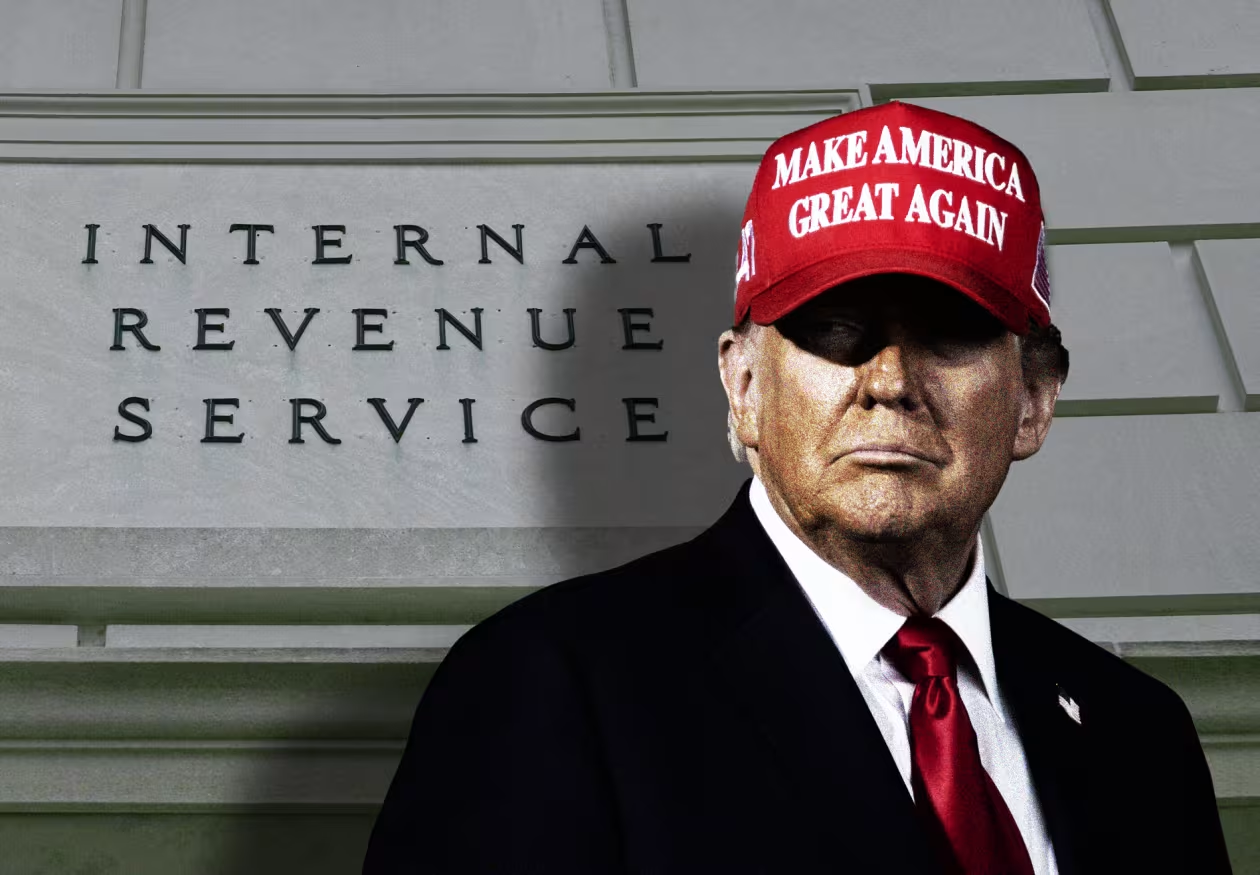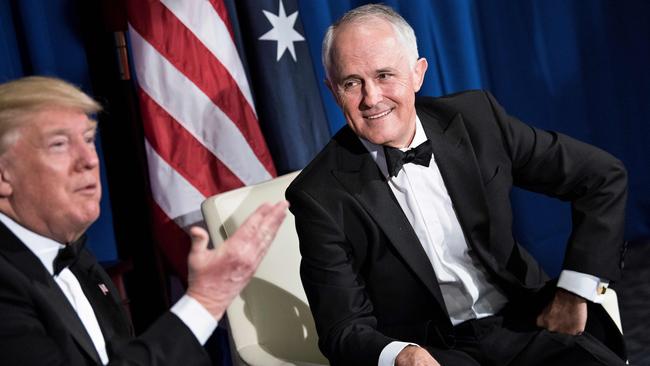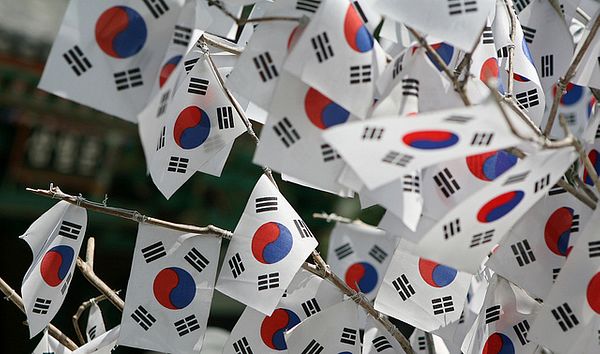President Donald Trump has announced that effective April 2, 2025, the United States will impose a 25% tariff on all imports from countries that purchase oil or gas from Venezuela. This measure aims to pressure nations that continue to engage in energy trade with Venezuela, which the U.S. administration accuses of hostility and of covertly sending criminals, including members of the Tren de Aragua gang, into the United States.
The tariff is expected to impact major importers of Venezuelan oil, notably China—the largest buyer—as well as Spain, Russia, Singapore, and Vietnam. Additionally, President Trump indicated plans to impose further tariffs directly on Venezuela and hinted at upcoming tariffs on other sectors, including automobiles and pharmaceuticals.
In response to these developments, the U.S. Treasury Department has extended Chevron’s license to operate in Venezuela until May 27, allowing the company additional time to wind down its operations in the country.
The announcement has already influenced global markets, with oil futures rising nearly 1.5% following the news. As the implementation date approaches, affected countries may need to reassess their trade relationships and energy procurement strategies in light of these impending U.S. tariffs.




